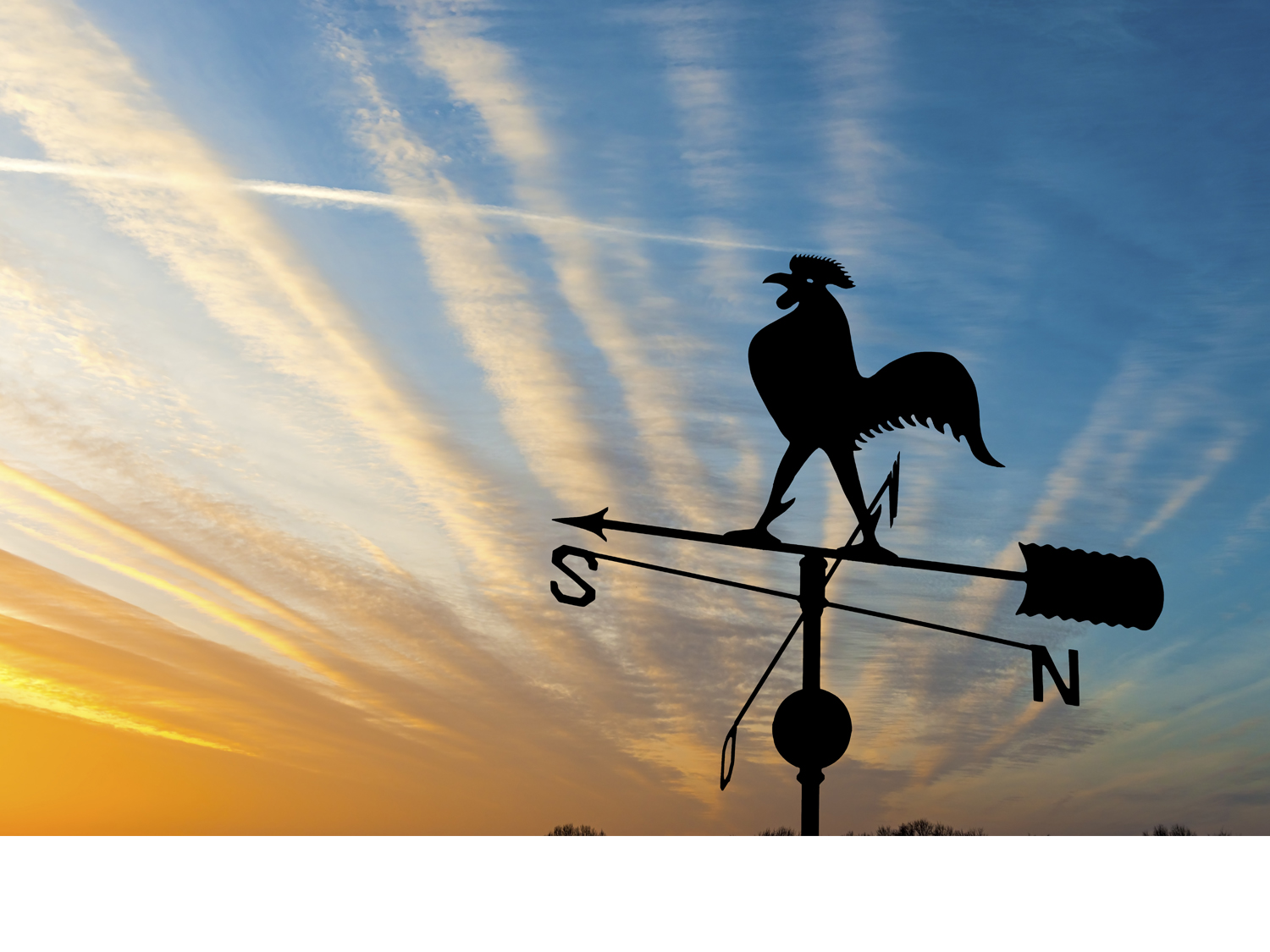Serengeti National ParkGuided wildlife safaris & tours
When do you want to go?
2024
I'm flexible
Passengers
Adults (18+)
Children (0 - 17)
Serengeti National Park: The Endless Plains
An iconic expanse of wilderness, the Serengeti National Park is a jewel of East Africa. Renowned for its vast savannas, sweeping grasslands, and diverse wildlife, it is a testament to the raw, untamed beauty of the African continent. Spanning over 14,750 square kilometers, the park is perhaps most famous for hosting the awe-inspiring spectacle of the Great Migration, where millions of wildebeest, zebras, and other herbivores traverse its plains in search of greener pastures. With its rich biodiversity, including the Big Five - lions, elephants, buffalo, leopards, and rhinoceros - the Serengeti offers a truly immersive and unforgettable safari experience.
Guided safaris through the Serengeti
Embark on an unforgettable adventure with guided safari tours through Serengeti National Park. These carefully crafted journeys offer immersive experiences tailored to many diverse interests, allowing you to discover the park's breathtaking landscapes and extraordinary wildlife in depth. Expert guides lead expeditions into the vast savannahs, sharing their intimate knowledge of the ecosystem and its inhabitants. From witnessing the iconic Great Migration to encountering the Big Five in their natural habitat, each moment is filled with wonder and discovery. These guided safaris provide valuable insights, convenience, and the opportunity to create cherished memories while exploring one of Africa's most iconic destinations.
The wildlife of the Serengeti
Within the Serengeti’s vast savannas and rolling grasslands roam some of Africa's most iconic animals, including the majestic lion, the powerful rhinoceros, the towering elephant, the elusive leopard, and the formidable buffalo - collectively known as the Big Five. These magnificent creatures share their home with a multitude of other species, from the cheetah and the hippopotamus to the zebra and the colorful array of bird life that fills the skies. The Serengeti is also famous for hosting the annual Great Migration, where millions of wildebeest, zebras, and gazelles embark on a perilous journey in search of greener pastures, creating one of nature's most spectacular displays.
Lions
In the Serengeti, lions reign supreme, embodying strength and majesty in the African wilderness. These apex predators, with their golden coats and commanding presence, captivate visitors who are lucky enough to catch a glimpse of this powerful animal.
Elephants
Elephants roam throughout the extensive wilderness of Africa, these giants shape the landscape and captivate hearts with their familial bonds and wise demeanor. These magnificent creatures are often seen as you travel across the vast Serengeti National Park.
Buffalos
Across the Serengeti, buffalo herds roam the plains, their robust frames and imposing horns a testament to their strength. These formidable beasts, part of the Big Five, contribute to the park's rich biodiversity, adding depth to its iconic landscape.
Leopards
These sleek animals stealthily navigate the landscape of the Serengeti, their spotted coats blending into the terrain. These elusive hunters, with their agile movements and piercing gaze, add an air of mystery and intrigue to the African wilderness.
Rhinoceros
Rhinoceroses roam with a powerful presence. These majestic creatures, with their imposing size and distinctive horns, contribute to the park's unique ecosystem. Despite their endangered status, they remain an awe-inspiring sight, highlighting the importance of conservation efforts.
Zebras
Zebras roam the golden plains of the Serengeti, their distinctive black and white stripes creating a mesmerizing sight. These resilient grazers, found in large herds, showcase the diversity and abundance of African wildlife.
Travel tips
Currency
Tanzania's official currency is the Tanzania Shilling. For the latest exchange rates, consult OANDA.
Major currencies like the Euro, British Pound, US Dollar, South African Rand, and others can be exchanged locally or before departure. Bureau de changes and banks in major towns provide exchange facilities, with ATMs available. Opt for smaller denominations to ease transactions for smaller purchases and gratuities.
Vaccinations
Before traveling to Tanzania, it's crucial to consult your local healthcare provider for medical advice and ensure you receive all necessary vaccinations. Recommended vaccinations include Polio, Diphtheria, Hepatitis A & B, Typhoid, Tetanus, Meningitis, and Rabies. A Yellow Fever International Certificate of Vaccination is mandatory if arriving from or transiting through yellow fever-infected countries, especially relevant when traveling from neighboring African countries. When visiting Zanzibar from mainland Tanzania, a yellow fever certificate is required for entry.
In addition it is essential to consult your doctor before traveling to Tanzania due to the risk of malaria. They can advise on necessary malaria medication for the specific areas you'll visit. To prevent mosquito bites, wear long-sleeved, light-colored clothing and use mosquito repellent containing at least 50% DEET.
Tap Water
In Tanzania, tap water is not safe to drink. It's recommended to consume bottled mineral water, widely accessible in shops, hotels, and restaurants. Ensure you buy from reputable sources and check that the bottle seal is intact before consumption.
Safe Eating in Tanzania
Exercise caution when dining outside high-end lodges, as the quality and preparation of meat may not suit sensitive western stomachs. Tanzanian food hygiene standards are lower than what you are used to; avoid visibly unclean, aged, or poorly cooked dishes. Skip ice in drinks and salads to minimize exposure to potentially unhygienic water.
WiFi
In Tanzania's major cities, WiFi is often available, although it may be slower and less secure than what you're accustomed to. National parks generally lack WiFi to encourage immersion in nature, but upscale lodges may offer internet access in communal areas, sometimes for a nominal fee or complimentary.
Plugs and Voltage
The standard voltage in Tanzania is 230-240 volts, with primary sockets typically accommodating the 3 square-pin variety, similar to those found in the United Kingdom. It's advisable to bring a universal travel adapter. For U.S. appliances, a voltage converter and plug adapter are necessary.
Frequently asked questions
What is the best time of year to visit Serengeti National Park?
The best time to visit Serengeti National Park largely depends on what you hope to experience. The dry season, from late June to October, is considered prime time for wildlife viewing as animals gather around water sources, but it can be crowded. The wet season, from November to May, offers lush landscapes and fewer tourists, but wildlife disperses across the park.
What kind of wildlife can I expect to see in Serengeti National Park?
Serengeti National Park is renowned for its diverse wildlife, including the "Big Five" (lion, elephant, buffalo, leopard, and rhinoceros), as well as cheetahs, giraffes, zebras, wildebeests, hippos, crocodiles, and various antelope species. The park is also famous for the Great Migration, where millions of wildebeests, zebras, and other ungulates trek across the plains in search of water and grazing land.
Are there any safety concerns while visiting Serengeti National Park?
While Serengeti National Park is generally safe for visitors, it's essential to follow park rules and guidelines. Visitors should remain in their vehicles while on safari, refrain from feeding or approaching wildlife, and be aware of the presence of dangerous animals such as lions and elephants.
What activities are available in Serengeti National Park?
Besides traditional game drives, visitors to Serengeti National Park can enjoy hot air balloon safaris for a unique aerial perspective of the landscape and wildlife. Walking safaris with experienced guides are also available in certain areas of the park, offering an opportunity to explore on foot and learn about the smaller aspects of the ecosystem.
What accommodation options are available in Serengeti National Park?
Accommodation options in Serengeti National Park range from luxury lodges and tented camps to more budget-friendly campsites. Many lodges and camps offer all-inclusive packages that include meals and safari activities. Additionally, there are also mobile tented camps that move seasonally to follow the Great Migration.
Book your next safari with us!
The Serengeti National Park is more than just a wilderness reserve; it is a vibrant mosaic of life, a testament to the resilience of nature in its purest form. From the majestic lions prowling the savanna to the graceful giraffes reaching high into the acacia trees, the Serengeti captivates and inspires all who venture into its boundless expanse.
African Travel Guides
Find more inspiration and information about Africa to help you choose the right tour for you.
Our Africa travel styles
We offer a range of different trip types in Africa. From overland camping tours to lodge safaris and everything in between. As well as group trips, we also offer a selection of private safaris and those suitable for families with children aged 8 and over. Discover our different Africa travel styles below.
Travel Planning: Before you go
Read our guides to help you plan your trip
Our customers say
Excellent
4.4 out of 5 based on 275 reviews




























